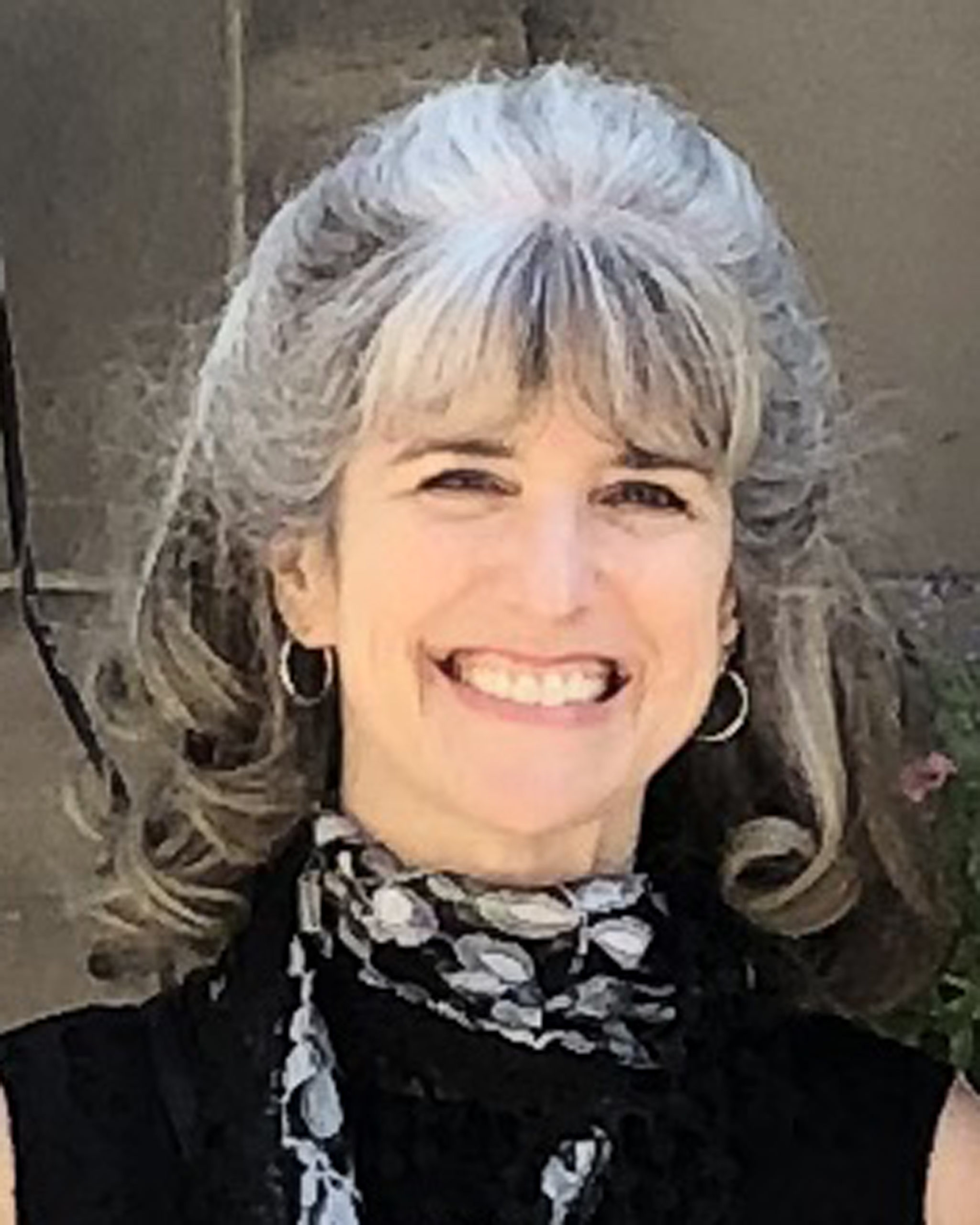How many of you would rather have a root canal than talk with members of your congregation about money? Why is money such a touchy topic? In the words of Rev. Jan Christian, a minister on staff for the UUA’s Pacific Western Region, “Our wounds are often deep when it comes to money and our sense of inherent worth and dignity.”
To address the topic, Jan and I did a call-in conversation with congregations to discuss what it would mean to your congregation to discuss money in ways that are honest, life-giving and healing. Following are some of the key points we covered.

Naming the discomfort
Guilt and shame often go hand in hand when we think about money. These feelings exist across the economic spectrum. When we don’t have enough money, scarcity and survival mode can dominate. When we have more money than we “need,” there can be a different type of increased financial pressure and accountability.
Consumer culture and our identity
In today’s world, we are barraged with ads for products and services at every turn now that many of us carry a “smart phone” during most of our waking hours. The messages, whether explicit or implicit, are intended to convince us that our lives will be better with a particular product or service. The often unspoken outcome is that our self-worth can become tied to our net worth. How much is enough? Will we ever have all that we need?
Consumer culture and our congregations
Sometimes we see this consumer mentality play out in our churches. It can be easy to monetize the value of line items such as a year of Sunday services or the religious exploration program for children and youth. This can lead to silos in funding and in negative discussions about the congregation’s budget rather than looking at funding the larger mission and vision.
Creating a new path
Name and discuss the scarcity, secrecy and perfectionism around money. Ask people to think back to their first memory of money and whether it was a good or bad experience. Acknowledge the diversity that exists at every point on the economic spectrum. After opening up and naming the raw material (similar to some of the Our Whole Lives curriculum exercises) then the discussion of money can become easier.
Continue the progress by nurturing a covenant culture that distinguishes your congregation from a consumer culture. Consider these tips from Rev. Jan:
- Meaning & joy are tied to our ability to live generously
- We all have gifts to share and ways to “bless the world”
- Gratitude is a way to move into a richer life
- We are called beyond ourselves to something greater
Discussions to reflect on these concepts can be done in small group meetings, one-to-one stewardship meetings or even as a component of team/committee meetings. Some resources to aid your discussions:
Love Let Go: Radical Generosity for the Real World, Laura Sumner Truax & Amalya Campbell (2017)
The Generosity Path, by Mark Ewert (2013), pages 201 to 213 contain a small group discussion guide.
Cultivating Generosity: Giving What’s Right, Not What’s Left, Rem Stokes (2013)
Your Money or Your Life: 9 Steps to Transforming Your Relationship with Money, Vicki Robin, Joe Dominguez & Monique Tilford (2008)
Seven Stages of Money Maturity: Understanding the Spirit and Value of Money In Your Life, George Kinder (2000)
Make space in your congregation for personal struggle and growth in your discussions about money. It can make your conversations about funding your personal values, as well as your congregation’s mission and ministries, more fulfilling.
 Kay Crider is a stewardship consultant with the Stewardship for Us team, supporting the UUA and it’s congregations. Kay can be reached at kay@stewardshipforus.com, via UUA Congregational Life, (http://www.uua.org/finance/fundraising) or via the Pacific Western Region staff.
Kay Crider is a stewardship consultant with the Stewardship for Us team, supporting the UUA and it’s congregations. Kay can be reached at kay@stewardshipforus.com, via UUA Congregational Life, (http://www.uua.org/finance/fundraising) or via the Pacific Western Region staff.

Kay has more than 24 years of successful professional fundraising experience. She is passionate about helping organizations fund their mission through customized campaigns. Reach her at kay@stewardshipforus.com.
